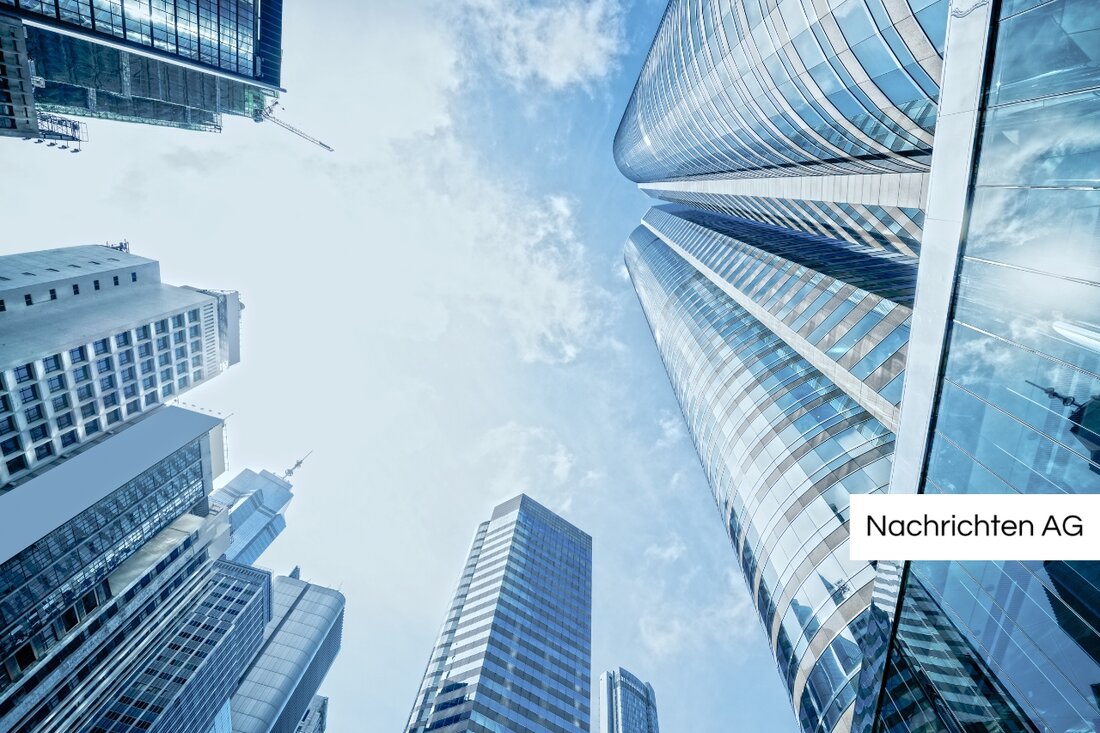Data centers in transition: This is how AI will become more energy efficient in the future!
The research team at Saarland University is developing AI models that are up to 90% more energy efficient. Technologies will be presented at the Hannover Messe.

Data centers in transition: This is how AI will become more energy efficient in the future!
In the current discussion about the energy consumption of data centers and their environmental impact, the focus is on artificial intelligence (AI). A research team led by Professor Wolfgang Maaß at Saarland University is working on innovative technologies to improve the energy efficiency of AIs. The future-oriented goal: AI should become up to 90 percent more energy efficient. This is a much-needed development, particularly given data centers and their significant power consumption, which has more than doubled in the last decade. Loud uni-saarland.de The technological solution will be presented at the upcoming Hannover Messe, which will take place from March 31st to April 4th.
Data centers in Germany recorded electricity consumption of around 20 terawatt hours per year in 2023, and forecasts suggest that this consumption could rise to 35 TWh by 2030 and up to 88 TWh by 2045. This increase results from the increasing use of cloud services as well as the growing number of AI applications and the advancing digitalization of industry and administration, such as datacenters.org reported.
Energy efficiency as key
The challenges associated with these increasing energy demands require urgent action from operators to reduce energy consumption through optimized cooling technologies and hardware efficient solutions. Innovative approaches such as liquid-based cooling systems and the use of geothermal energy are becoming increasingly important. The implementation of sustainable infrastructure is also reinforced by legal requirements such as the new Energy Protection Act (EnEfG).
A central concern of Professor Maaß's team is the development of lean, needs-based AI models. The use of knowledge distillation, a compression technology, makes it possible to extract smaller, more efficient student models from large teacher models. This could be particularly beneficial for smaller companies that want to gain access to powerful AI solutions without having to invest in extensive infrastructure.
Technological trends and future prospects
Data centers will face a turning point in 2025, triggered by increasing energy demand and new legal requirements. The increasing demands for cybersecurity and system resilience underline the need to continuously optimize systems. Another important trend is modular construction methods, which enable flexible, fast and cost-efficient construction of data centers. Prefabricated modules not only offer speed of construction, but also the ability to scale, which is becoming increasingly important.
In addition, the use of renewable energy sources in data center construction is becoming increasingly important. The use of solar and wind energy as well as innovative heat recovery systems help reduce the ecological footprint and can use up to 80 percent of the waste heat. A study shows that artificial intelligence can enable savings of up to 30 percent through real-time analysis and automatic optimization of energy consumption kabinett-online.de determines.
In another example, the research team is collaborating with Stahl Holding Saar to develop an AI model that enables automatic sorting of steel scrap. This project, which is funded by the Federal Ministry of Economics and Climate Protection with around five million euros, aims to generate compact, energy-efficient and powerful AI models that can significantly improve the steel recycling process.
The digital future requires not only technological innovations from data center operators, but also a comprehensive approach to sustainability in order to meet advancing climate goals.

 Suche
Suche
 Mein Konto
Mein Konto